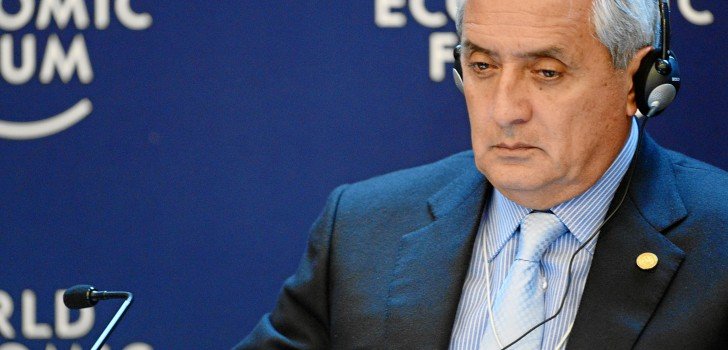Ever wonder why airline ticket prices always seem so close regardless of which airline you’re looking at? A group flyers is curious too and has sued the nation’s four largest airline carriers, alleging they are colluding to intentionally keep ticket prices high. The flyers allege that with the decrease in fuel costs, airline tickets should have gone down as well, however, they have not. Ticket prices have remained high and the carriers, in addition to the civil suit, are under investigation by the Department of Justice.
America’s four biggest carriers-United, Southwest, Delta and American-are being sued by a group of flyers who allege that the carriers have been working together to keep the price of tickets high. Last week, America’s Department of Justice announced it was going to investigate the airline carriers about the same issue. The issue is the fact that despite the decrease in fuel costs, the prices have not decreased. As explained by the Wall Street Journal:
The U.S. airline industry is enjoying some of its strongest profits ever, after years of consolidation and the past year’s plunge in the price of fuel, which had been the industry’s biggest cost. U.S. carriers have earned nearly $25 billion since the start of 2013, after a $33 billion loss the previous decade, according to government data.
Meanwhile, airfares have risen, though slightly. Government data shows that from 2007 to 2014, the average U.S. domestic fare increased 5% to $391, adjusted for inflation. Still, inflation-adjusted fares are down 16.3% from their peak in 2000. Other data from Airlines Reporting Corp., an aviation data firm, show domestic fares have generally decreased so far this year.
Making the charges stick might not be very easy. It is unlikely that the airlines have been intentionally trying to cheat customers; few expect a paper trail to be found. If a scam has in fact happened, it is more likely the airlines have quietly shied away from the competition for certain routes, giving incumbents the ability to set prices.
Even if it is determined to be true, it is not proof of price gouging. The mantra of “capacity discipline” is being repeated by airline leaders in an attempt to not expand their services too quickly because they are making money again. This is being looked at by some as an indication of corruption. The issue is the fact that airlines for years were losing billions and were criticized for not trimming back enough on their routes. “Capacity discipline” does not prove tacit collusion; it may just prove good management. Airlines need to attempt to make profit; for years airlines sold tickets for less than what it cost them to fly their planes.
The bigger problem is the number of competitors. American regulators allowed the consolidation of the seven major carriers into four carriers for well-known reasons: they were poorly run, and many were forced to gain Chapter 11 bankruptcy protection from their creditors. But, with the mergers having been approved, for officials to complain about a lack of big airlines in order to guarantee competition, would be slightly inappropriate.
The issue could easily be dealt with if America really was serious. They could simply allow entry to the domestic aviation market, allowing foreign competitors such as Emirates, Ryanair and others to fly any route they wanted. Both the European Union and the Middle East to offer airlines outside their regions the same courtesy. Of course, that will not happen. It is far easier for the incumbents to be reprimanded.
Stay Connected